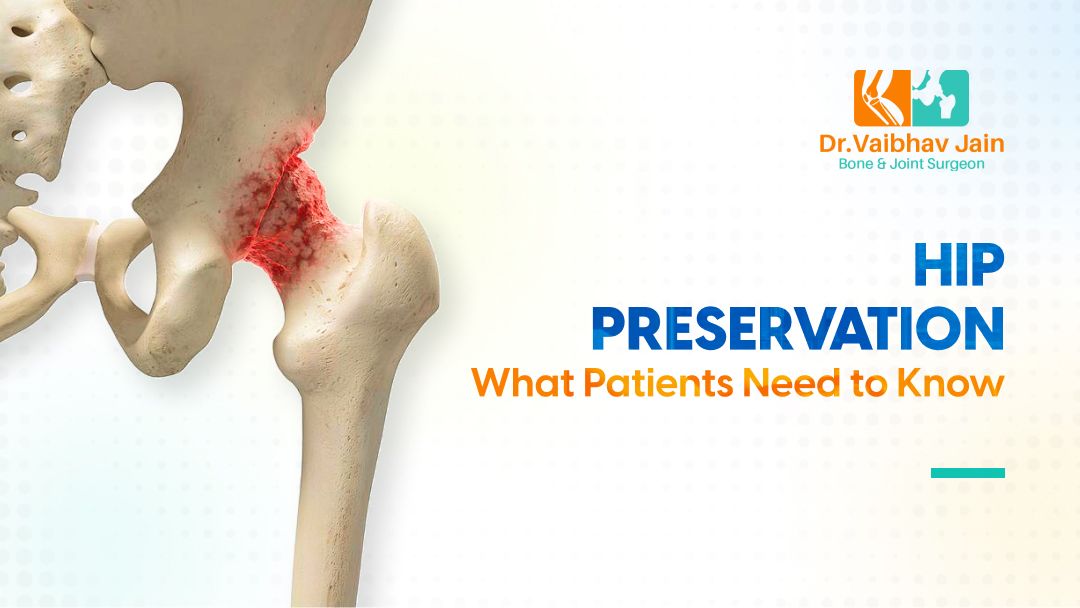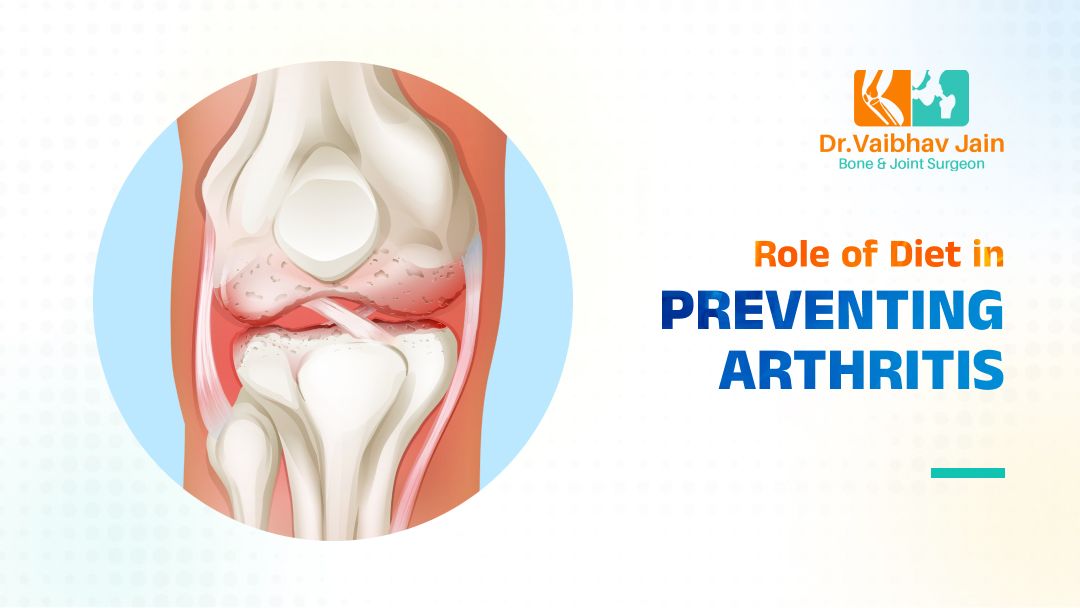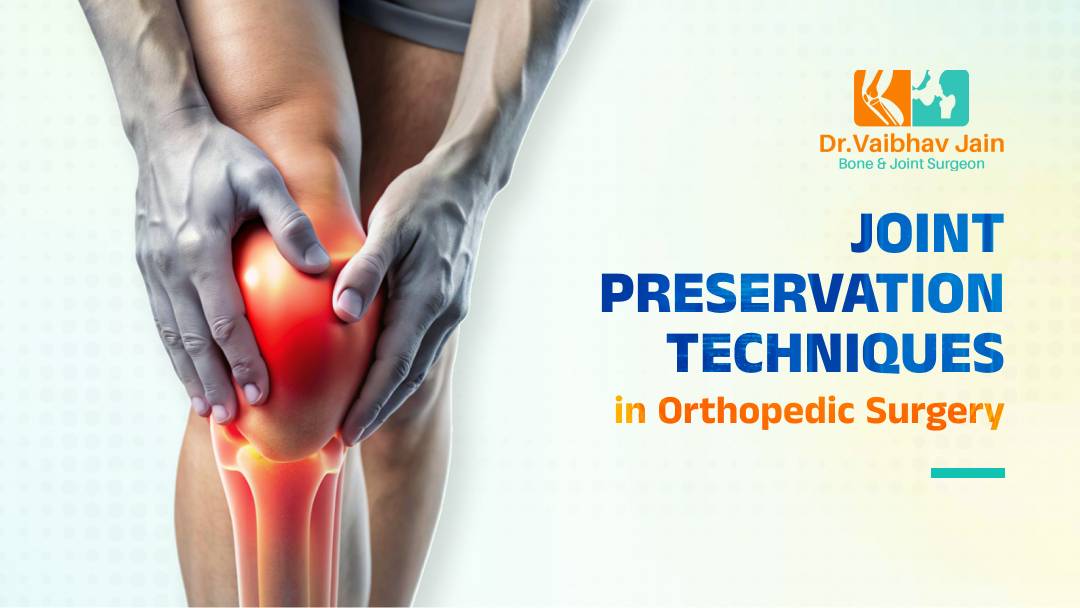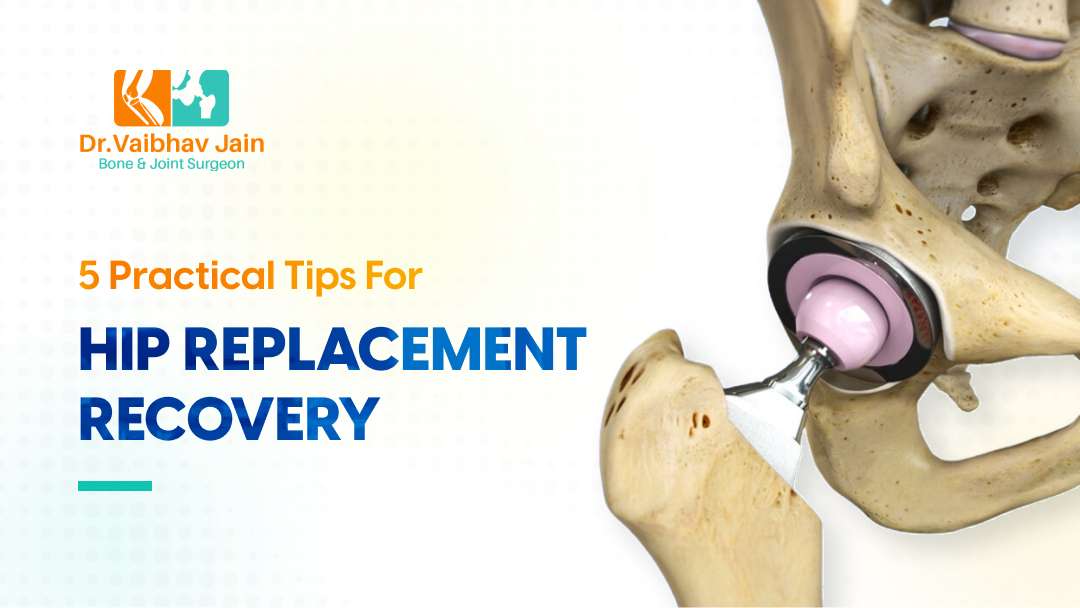I want to talk about something really important for people with hip problems: Hip Preservation Surgery. If your hip hurts or you’ve got a hip issue, keep reading! We’ll check out what this surgery is and how it can keep you moving and feeling good.
Understanding Hip Preservation Surgery
What is Hip Preservation Surgery?
Hip Preservation Surgery is a medical procedure aimed at maintaining and improving the natural function of your hip joint. Hip replacement surgery, which involves replacing the damaged joint with an artificial one, hip preservation focuses on treating the underlying issues while keeping your original hip joint intact.
Why is it Important?
Maintaining the natural function of your hip is crucial. It not only helps in preserving your range of motion and strength but also delays or even prevents the need for more invasive procedures like total hip replacement. By opting for hip preservation, you are essentially investing in the longevity and health of your hip.
Hip Preservation vs. Hip Replacement
Hip Preservation Surgery: Focuses on correcting issues to maintain the natural hip joint.
Hip Replacement Surgery: Involves replacing the hip joint with a prosthetic implant.
Reasons for Hip Preservation Surgery
There are several conditions that might lead to the need for hip preservation surgery. Here are a few common ones:
Common Hip Joint Abnormalities
Hip Dysplasia: A condition where the hip socket doesn’t fully cover the ball portion of the upper thighbone, leading to joint instability.
Femoroacetabular Impingement (FAI): Occurs when extra bone grows along one or both of the bones that form the hip joint, causing them to rub against each other.
Labral Tears: Injuries to the soft tissue (labrum) that surrounds the hip socket.
Symptoms Indicating the Need for Surgery
Pain: Persistent pain in the hip, groin, or lower back.
Limited Mobility: Difficulty in moving the hip or a reduced range of motion.
Hip Instability: A feeling of the hip giving way or being unstable.
Types of Hip Preservation Procedures
1. Arthroscopy
A minimally invasive procedure where a small camera and instruments are inserted through tiny incisions to repair or remove damaged tissue.
2. Osteotomy
This involves cutting and repositioning the bones to improve alignment and function.
3. Hip Resurfacing
A bone-conserving alternative to total hip replacement that involves capping the femoral head with a smooth metal covering.
4. Periacetabular Osteotomy (PAO)
A complex procedure that reorients the hip socket to improve coverage of the femoral head.
Benefits of Hip Preservation Surgery
Choosing hip preservation surgery comes with several advantages:
Delaying or Preventing Hip Replacement: Helps in maintaining the natural joint for a longer period.
Improving Hip Function: Enhances the movement and strength of the hip.
Reducing Pain: Alleviates discomfort associated with hip conditions.
Enhancing Quality of Life: Allows you to continue engaging in daily activities and hobbies.
Risks and Considerations
As with any surgery, hip preservation comes with its own set of risks and considerations:
Potential Complications: Infection, blood clots, and nerve damage.
Recovery Time and Rehabilitation: Requires commitment to physical therapy and rehabilitation.
Long-Term Outcomes: Success rates vary, and future hip health depends on multiple factors.
Preparing for Surgery
Pre-Surgery Evaluations and Tests
Before the surgery, you will undergo several evaluations and tests to ensure you’re a good candidate for the procedure.
Discussing Medical History
It’s crucial to discuss your complete medical history with dr vaibhav jain, including any medications and previous surgeries.
Understanding the Surgery Process
Make sure you fully understand the procedure, the expected outcomes, and the recovery process.
Post-Surgery Recovery
Immediate Post-Surgery Care
Includes hospital stay, pain management, and initial physical therapy.
Physical Therapy and Exercises
A structured physical therapy program is essential to regain strength and mobility.
Follow-Up Appointments
Regular check-ups with your surgeon to monitor progress and address any concerns.
Conclusion
Hip Preservation Surgery is a valuable option for many individuals suffering from hip issues. It offers the possibility of maintaining your natural hip joint, reducing pain, and improving your quality of life. If you’re experiencing hip problems, I encourage you to discuss your options with doctor Vaibhav Jain, especially if you’re considering Hip Preservation treatment in Noida. Remember, taking care of your hips now can lead to a healthier, more active future.





